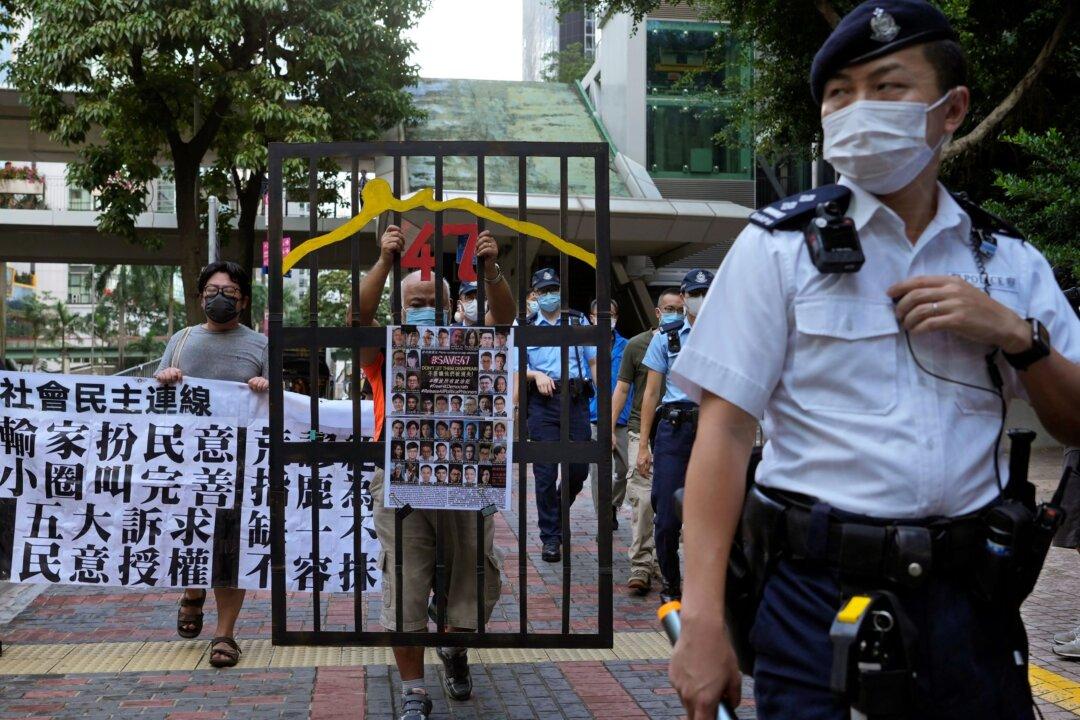HONG KONG—Select Hong Kong residents voted for members of the Election Committee that will choose the city’s leader in the first polls Sunday following reforms meant to ensure candidates with Beijing loyalty.
The Election Committee will select 40 of 90 lawmakers in the city’s legislature during elections in December, as well as elect the Hong Kong leader during polls in March next year.





